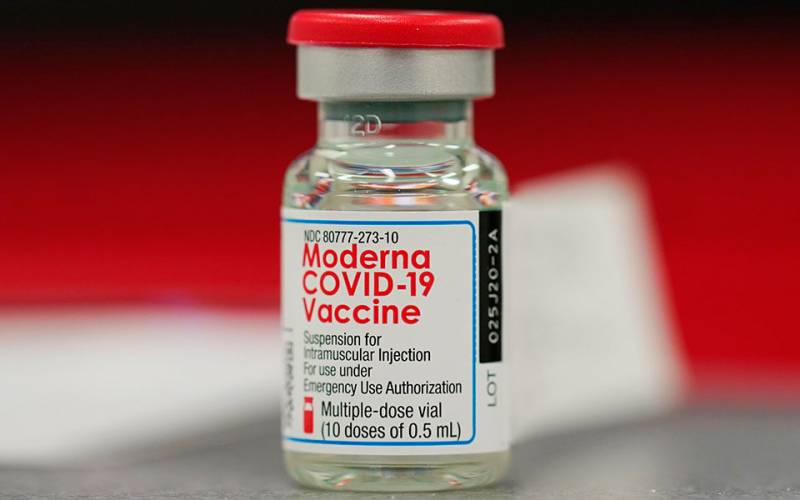World health leaders are warning that omicron, the new COVID variant discovered in November, could cause “severe consequences.” Researchers around the world are working tirelessly to learn everything they can about this newest iteration of the virus, which boasts a “Frankenstein mix” of mutations, including more than 30 on the all-important spike protein.
Right now, there are still more questions than answers about the variant. We do know that there have been a surge of cases in recent days, and experts believe the variant is more transmissible.
All of this bad news and uncertainty can definitely be unsettling for people who’ve spent the last two years coping with pandemic curveball after curveball. Are you wondering what the newest variant means for you and your family, and what symptoms you should be on the lookout for now? Here’s what we know so far.
The main symptoms include issues like congestion, a scratchy or sore throat, body aches and more.
The first doctor to alert health authorities about omicron — who has treated about two dozen patients infected with the variant — told The Telegraph in late November that the symptoms in the patients she saw were surprising to her and relatively benign.
“Their symptoms were so different and so mild from those I had treated before,” Dr. Angelique Coetze told the outlet.
Coetze said then that her patients were just extremely tired, and one young child had an elevated heart rate. None lost their sense of taste or smell.
Some experts are saying that the illness appears to be more mild, although mild symptoms can still be debilitating. There’s also a chance that a mild infection can still lead to long COVID. Overall, you should be on the lookout for the most common symptoms of COVID up to this point in the pandemic: fever or chills, cough, runny nose, headache or muscle aches, gastrointestinal issues and loss of taste or smell.
“There’s still a lot we don’t know about this new variant,” Dr. Mahdee Sobhanie, an infectious disease physician at The Ohio State University Wexner Medical Center, told HuffPost. Experts will be looking closely at how the virus affects people based on their age, their underlying immune status and whether or not they’re vaccinated, he said.
Concert : yahoo




